This article outlines the major problem areas within mainstream manufacturing and concludes by emphasizing the importance and power in consumer awareness and activism. So, moral of the story, take a look at the score card below and consider what area(s) you're interested in learning more about! Then, start your research journey and allow it to help inform future purchases, and perhaps, let it encourage & empower you to voice your concerns to companies [you'd otherwise support] that don't seem to be taking initiative/accountability.
For example, here at Clothing Matters, we're currently working to learn more about held chemical policies/management and final product communication (i.e. what do we get to know about what went into the process)?
Covered Sections:
Water Use & Pollution
Microplastics
Air, Soil & Agriculture
Exposing Workers to Toxic Chemicals
Consumer Activism as a Solution
Click here for the full article.
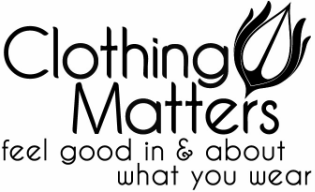
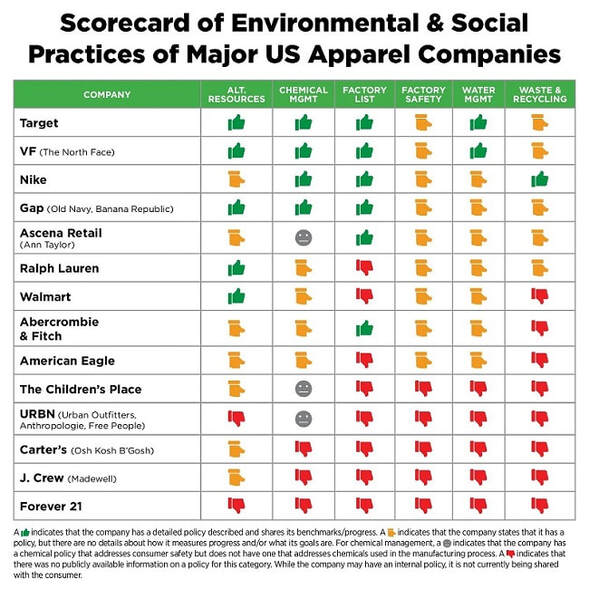
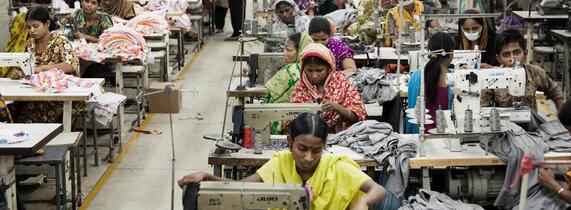
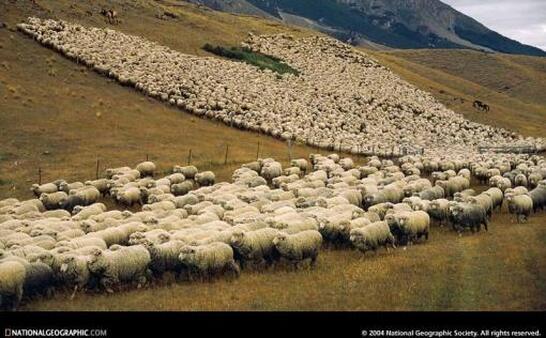
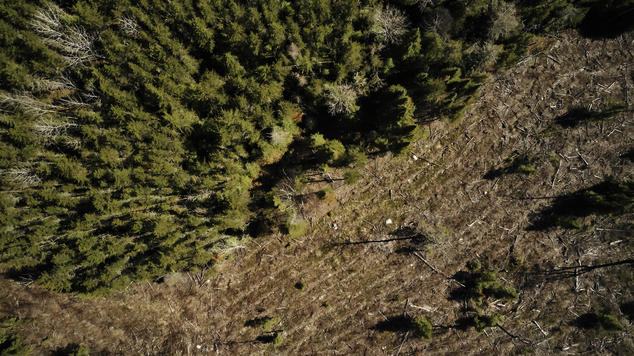
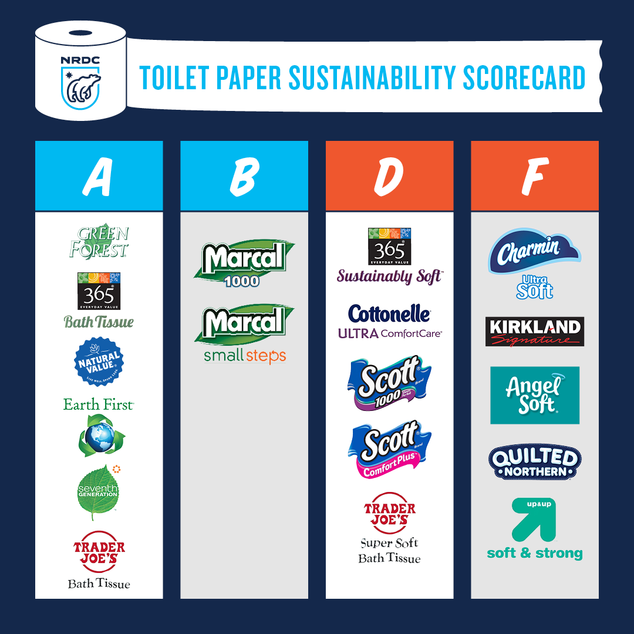
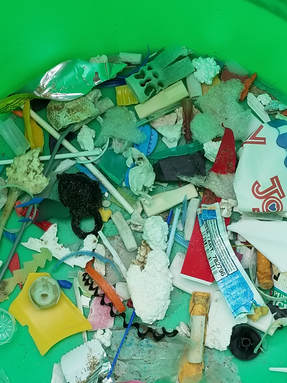
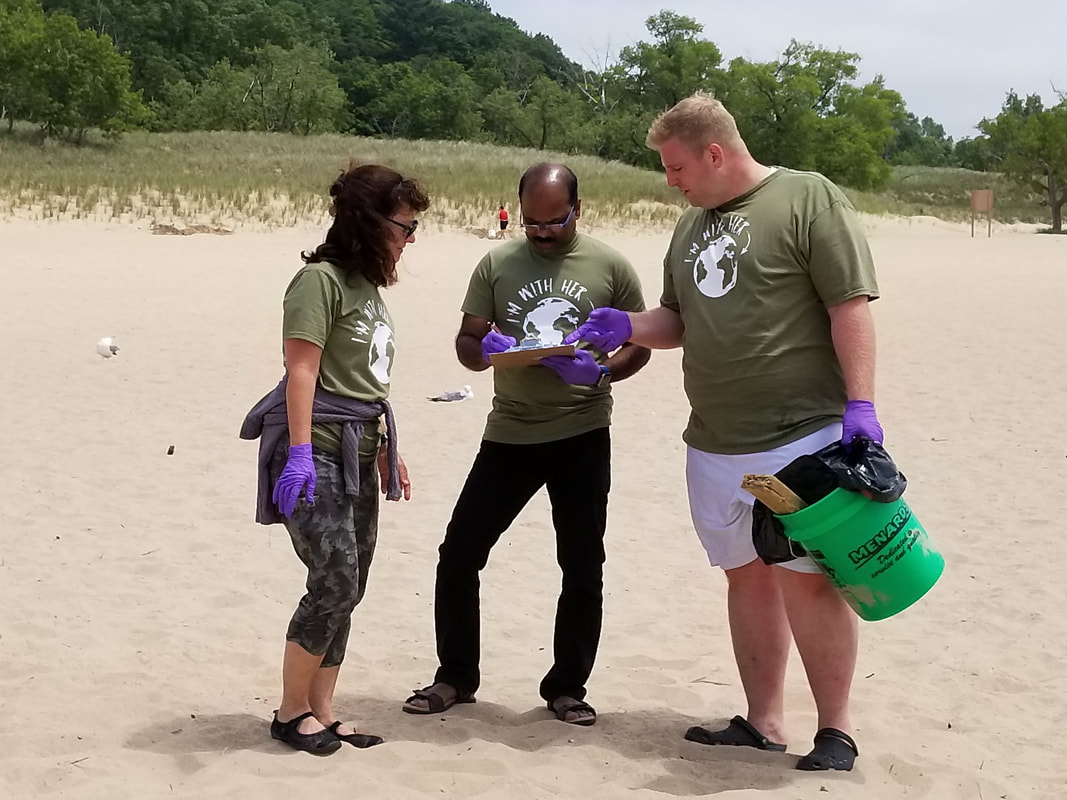
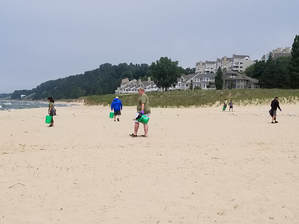
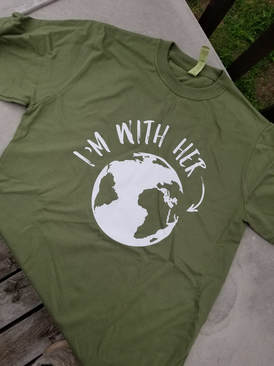
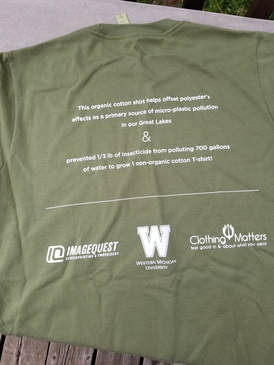
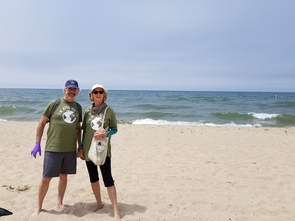
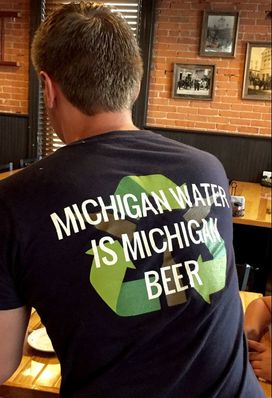
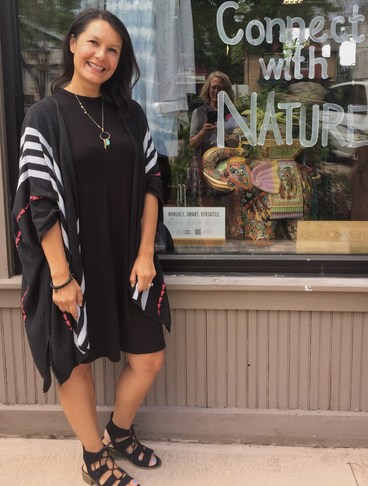
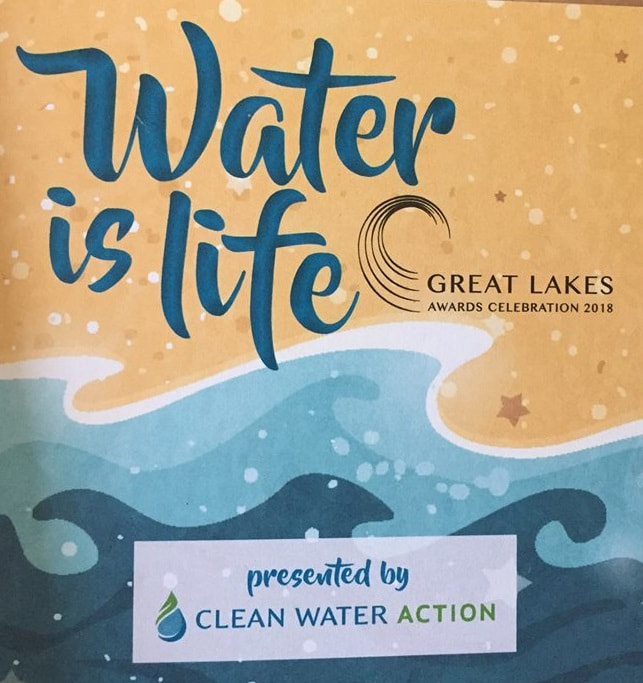
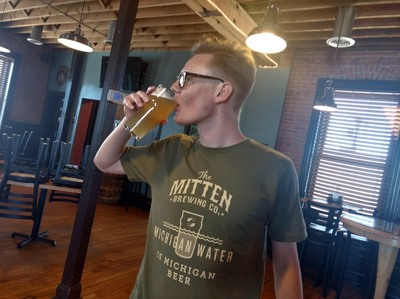
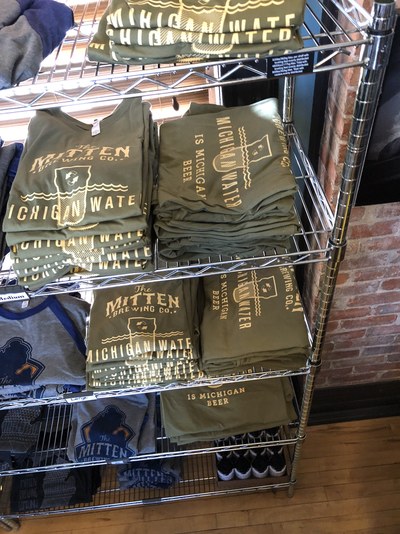
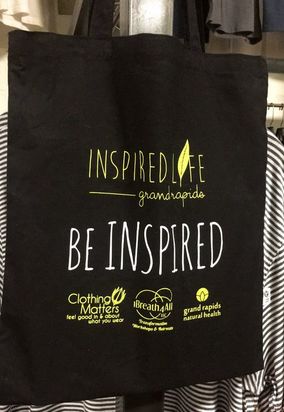
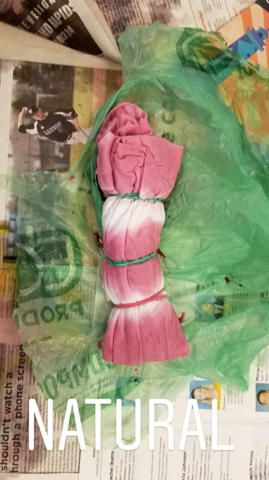
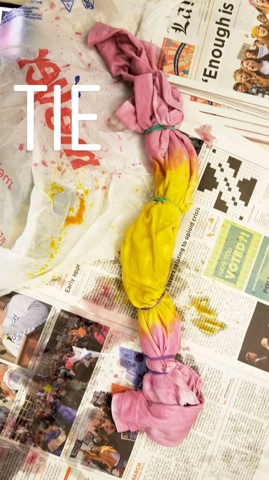
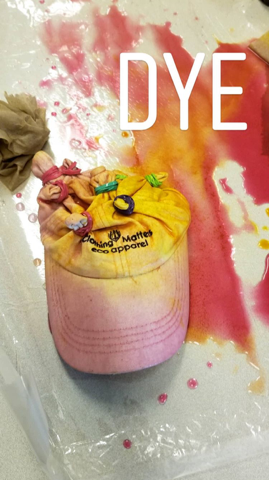
 RSS Feed
RSS Feed